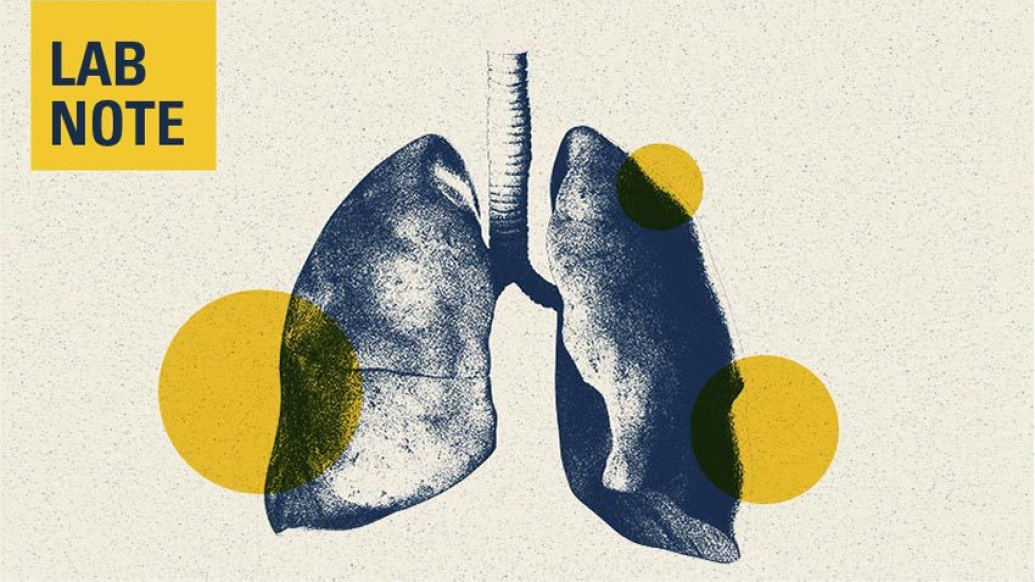Highlights from the American Thoracic Society 2022 Conference from Michigan Medicine researchers.
5:00 AM
Author |

Research from the Division of Pulmonary and Critical Care Medicine was featured prominently at the recent conference of the American Thoracic Society, the leading medical society focused on global respiratory health. Here are a few highlights:
New treatment for severe asthma
A greater proportion of patients with severe, uncontrolled asthma had more significant clinical responses to a drug called Tezepelumab, a human monoclonal antibody therapy, than placebo, according to research published at the ATS 2022 international conference last month. The study showed that nearly half of those enrolled showed fewer exacerbations ("asthma attack"), control of their asthma and improved lung function.
"Across each measure, tezepelumab recipients were more likely to have a response; the greatest difference observed was for exacerbation reduction. In addition, 48 percent of patients receiving tezepelumab had a complete response and achieved significant and clinically relevant improvements in all four response measures," said presenting author Njira Lugogo, M.D., associate professor of internal medicine and director of the Asthma Program in the Division of Pulmonary and Critical Care Medicine.
Use of digital inhalers
There is increasing evidence that over reliance on short acting beta agonists, also referred to as SABA, is associated with increased risks of asthma exacerbations and mortality. And while clinicians are encouraged to minimize use of SABA, there are no clear guidelines on safe SABA thresholds and ways to identify SABA over-reliance.
A survey of clinical experts developed a consensus that the use of more than 3 canisters of SABA in a 12-month period could be considered a threshold before warranting clinical intervention. In a study, Lugogo and her team applied this threshold to a dataset obtained from a 12-week prospective open label trial in patients with uncontrolled asthma that were using an albuterol digital inhaler.
They identified the prevalence of SABA inhaler use above the safe threshold and calculated the positive and negative thresholds based on the presence of exacerbations in those that did and did not exceed 138 inhalations in the 12-week study period. The number needed to identify one patient that is at risk for an exacerbation was 5 patients. "Digital inhalers offer new ways to identify at risk patients and this novel technology could advance our ability to accurately risk stratify patients with asthma," Lugogo said.
Lung microbiome and transplant rejection
In another study presented at the meeting, Michael Combs, M.D., a clinical lecturer with the Division of Pulmonary and Critical Care Medicine and his team found that once lung transplant patients develop rejection, their lung microbiome predicts their mortality. In addition, they found that whether these patients do or do not benefit clinically from an antibiotic called azithromycin, a common therapy for transplant rejection, depends on their lung microbiota. The study suggests that the lung microbiome may be an overlooked treatment target for lung transplant rejection and other lung diseases.

Explore a variety of healthcare news & stories by visiting the Health Lab home page for more articles.

Department of Communication at Michigan Medicine
Want top health & research news weekly? Sign up for Health Lab’s newsletters today!





